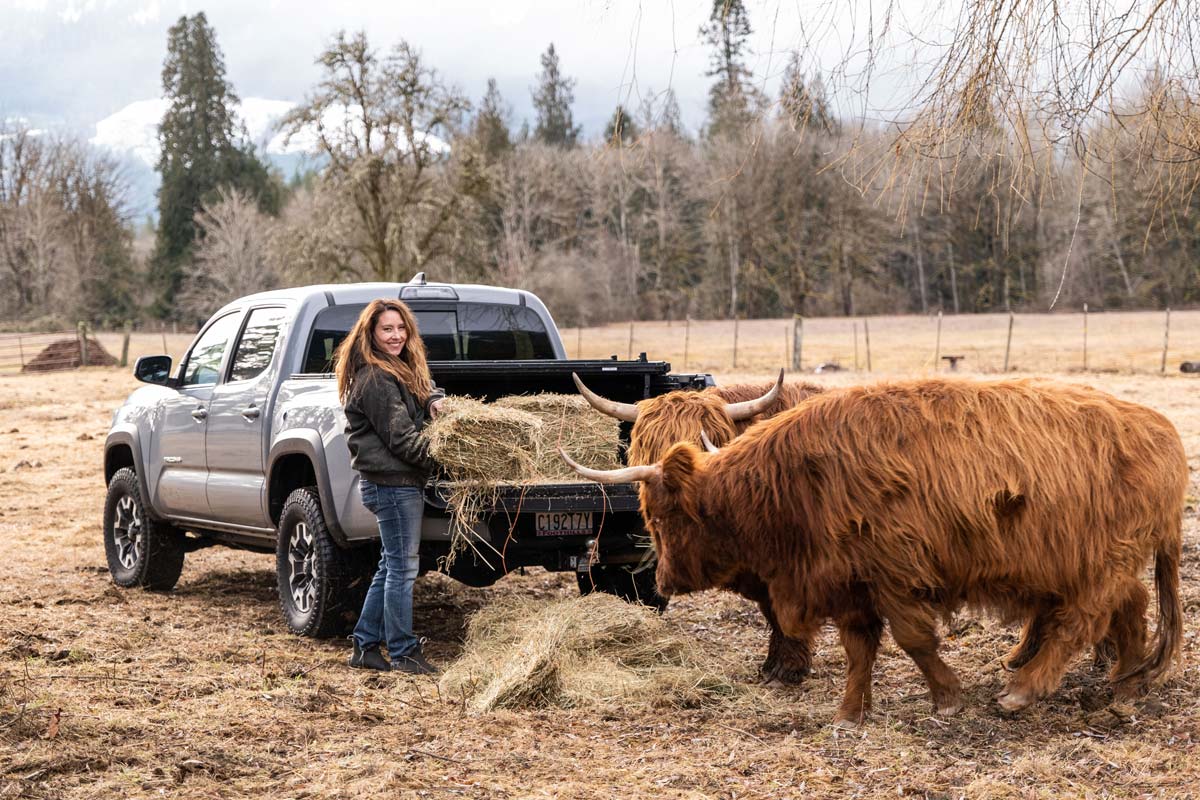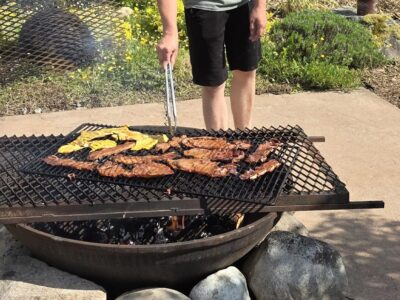Join me for this Pioneering Today Podcast as I catch you up on all the happenings around here, including some of the decision-making processes we go through to determine the livestock we’ll raise each year.
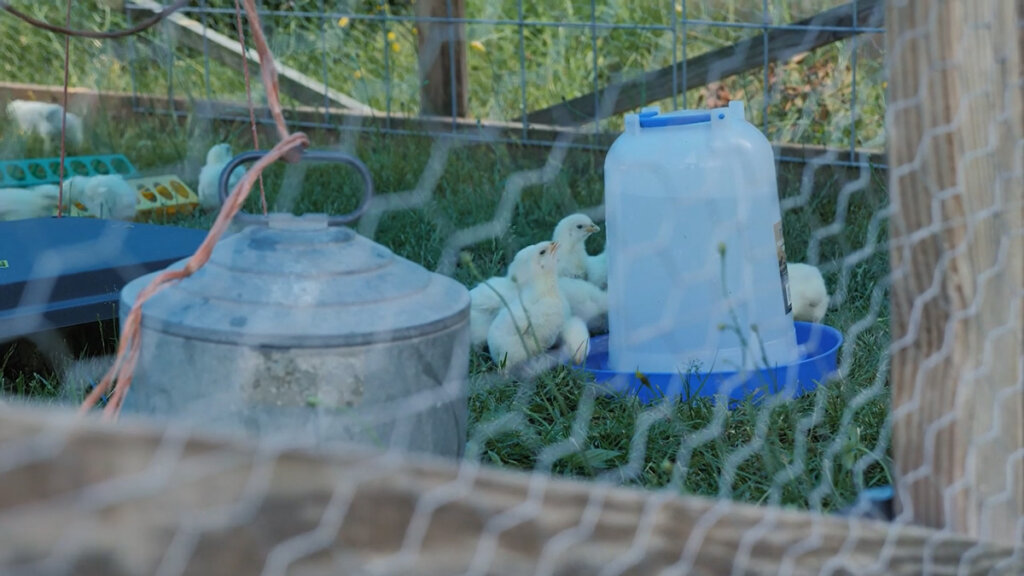
Plus some fun updates on the Norris Farmstead and ways you can get involved with either a Farm Stay, or some in-person workshops this year.
Table of Contents[Hide][Show]
In This Episode
- The discussion continues on mRNA in meat and our food system.
- How we’re using regenerative pasture practices with our cattle.
- My family’s decision-making process on whether or not to raise pigs this year. Learn more about raising pigs here and butchering pigs here.
- Deciding how many meat birds to raise and why we chose to raise the full amount (and why you might want to raise your meat birds, too). Learn how to raise your own meat birds here.
- In-person workshop recap. You can see all the upcoming in-person workshops here.
- Learn more about Norris Farmstead and how you can book a Farm Stay with us.
- Why I’m all for community sufficiency over self-sufficiency.
- Verse of the week: Romans 8:32-37
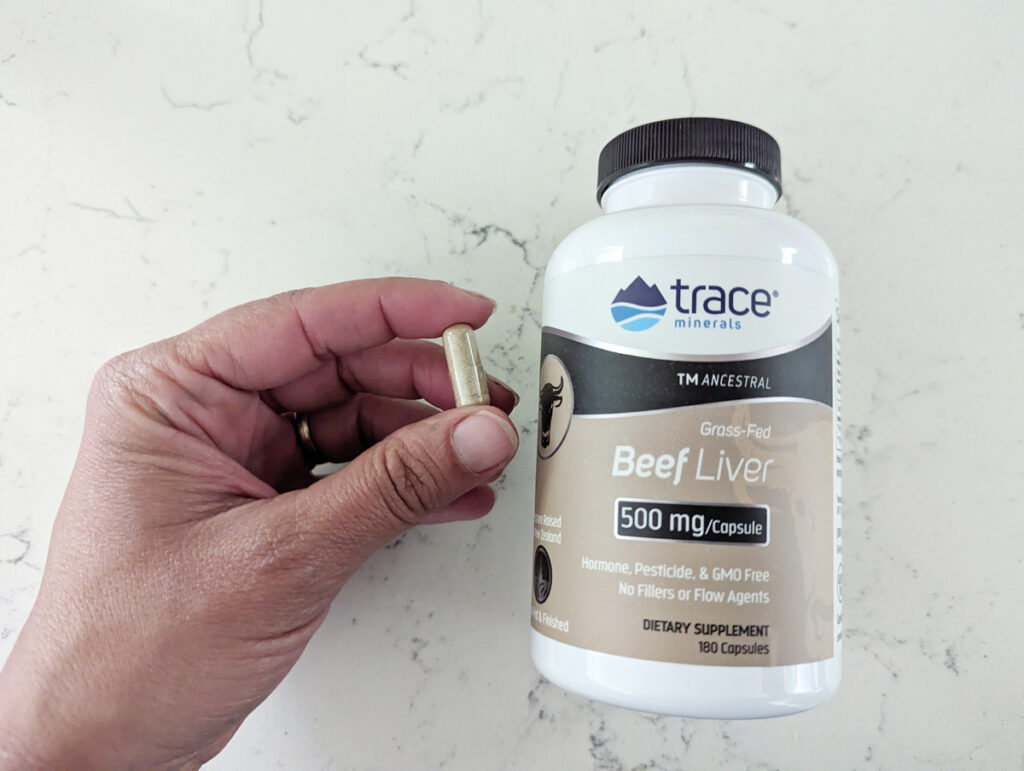
Azure Standard
I recorded a podcast interview recently about the health benefits of consuming liver. More specifically, how we can mask the liver flavor while reaping all the benefits. I don’t have any liver in the freezer right now to make homemade beef liver supplements, so I went onto Azure Standard’s website to see if they offered any beef liver capsules.
They do! I was so pleased to find grass-fed liver capsules and have been taking them for two weeks now and love the added energy it brings to my day.
Azure Standard is the sponsor of today’s podcast. If you’ve never tried Azure Standard before, you can get 10% off your order of $50 or more (first-time customers only) with coupon code “Melissa10”.
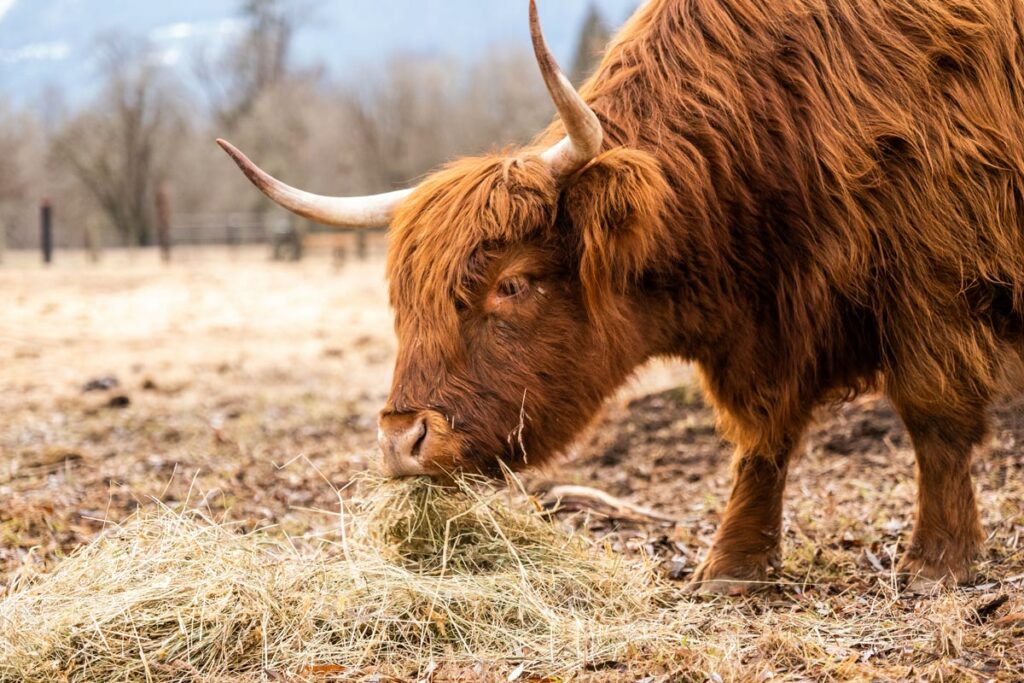
More Posts You May Enjoy
- What is A2 Milk & What are the Benefits?
- Tips for Homesteading Off-Grid & Life w/out a Fridge or Running Water
- Planning our “Farm Stay” Homestead
- Creating a Homestead Business That Makes Money
- Urban Homesteading – Tips for Small Space Self-Sufficiency
- Biggest Homestead Mistakes We Made & What to Avoid
- What to do When Homesteading Gets Tough
- How to Buy a Homestead – What to Look For
- How to Get Everything Done in a Day Without Wasting Time or Getting Distracted
[fusebox_transcript]
